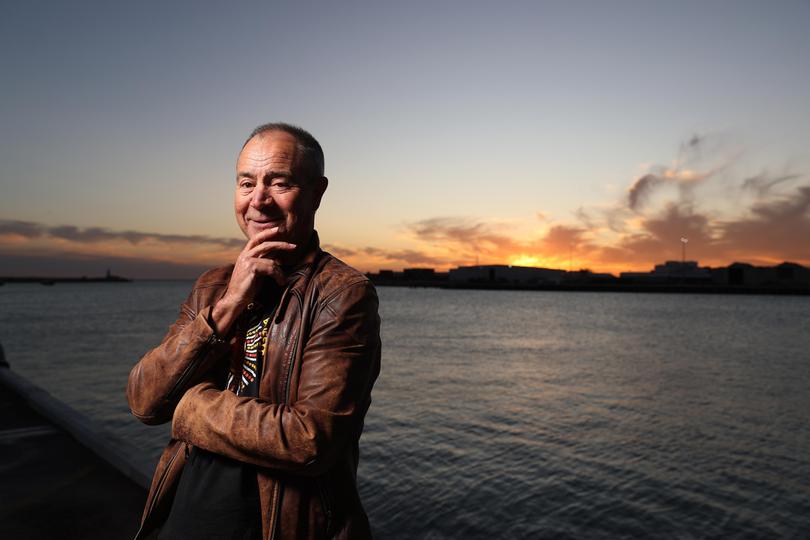The Best Australian Yarn: Celebrated author Kim Scott reveals judging panel secrets
As someone who spends his time immersed in the power of words and stories, Kim Scott finds his role as a judge for The Best Australian Yarn short story competition both daunting and exciting.

As someone who spends his time immersed in the power of words and stories, Kim Scott finds his role as a judge for The Best Australian Yarn short story competition both daunting and exciting.
The celebrated author, who has won two Miles Franklin Literary Awards, will lead the judging for the First Nations Storytelling Prize in the world’s richest short story competition, which this year has a prize pool of $80,000.
Scott, who was also marking the 25th anniversary of his seminal book Benang: From The Heart, said the competition created an important opportunity for writers nationwide to create and to have their stories read by a broad audience.
Sign up to The Nightly's newsletters.
Get the first look at the digital newspaper, curated daily stories and breaking headlines delivered to your inbox.
By continuing you agree to our Terms and Privacy Policy.“We’ve had writers coming in from everywhere (last year) and it’s fascinating to see that engagement in literature and people trying to negotiate their own space in that,” he said. “Just seeing the wide array of writing is really interesting.
“But it’s also really daunting. Who am I to say what’s the best of all these? There is always a lot of personality in there. But quite apart from your professional judgment, you look for magic, you know? That’s what touches you. So it’s a privilege, and it’s humbling at the same time.”

Entries to The Best Australian Yarn, which is the country’s most popular short story competition with 5500 entries last year, are now open, closing August 12. Entrants must be aged 12 and over and submit an original, unpublished work of fiction of up to 2500 words. This year, the winner will receive $50,000, the runner-up $4000 and the category winners $3000 each.
Scott, whose books deal with questions of racial identity after colonisation and reclaiming Aboriginal stories by dismantling the incorrect narratives found in archives, encouraged budding authors to find their own voices by reading and writing extensively and experimenting with different perspectives.
He also urged Indigenous storytellers to connect to their culture, by embracing pre-colonial traditions and ties to country through song, artefacts, language and stories.
“It’s about nurturing neglected storytelling traditions in one’s home community, in one’s home country, for the good of that little area of the world,” Scott said. “Within that, there are all sorts of possibilities for healing ourselves, and also changing the relationship between Aboriginal nations and the nation state.”
For more details on The Best Australian Yarn short story competition for 2024, see bestaustralianyarn.com.au.
Read the full interview in STM
Originally published on The West Australian
